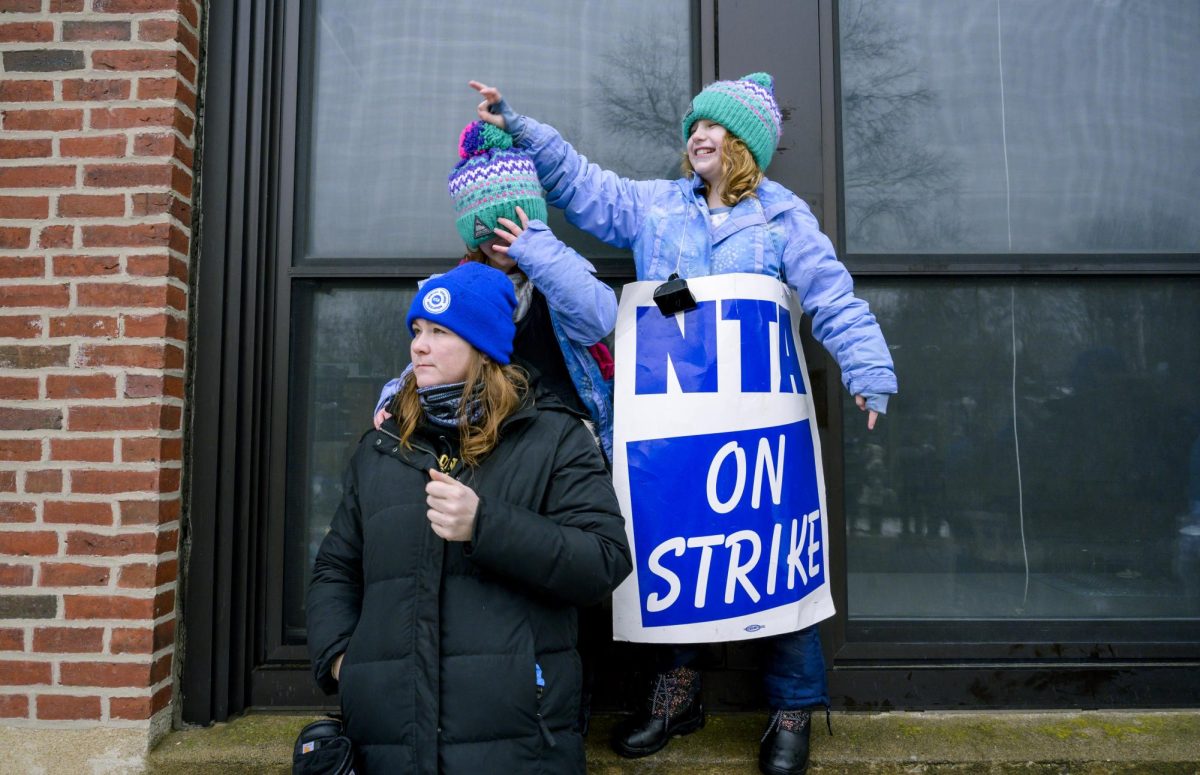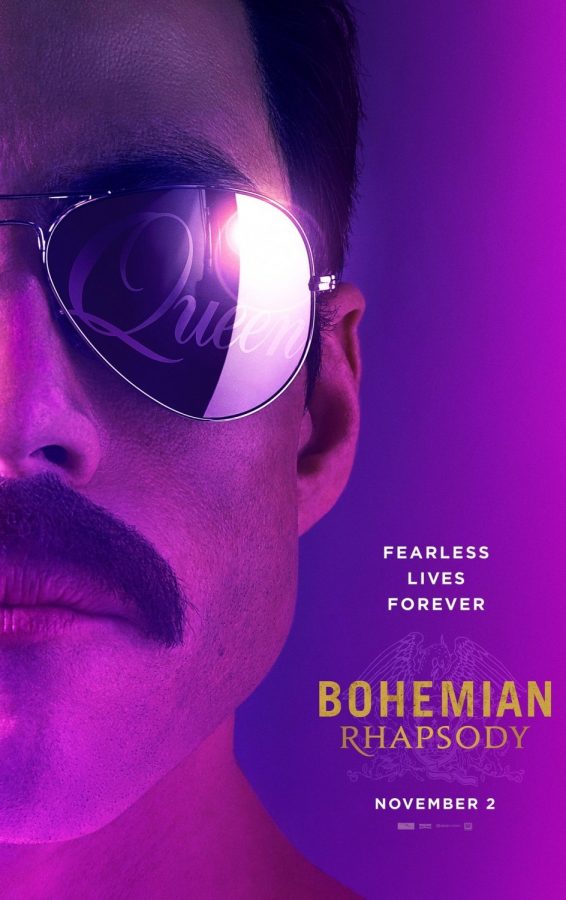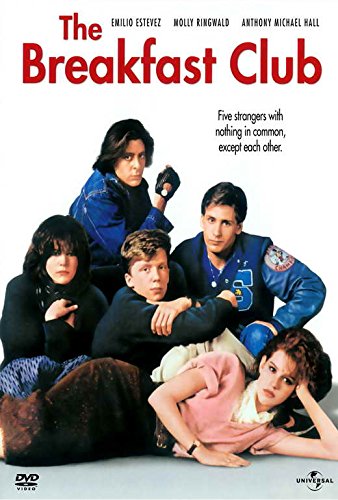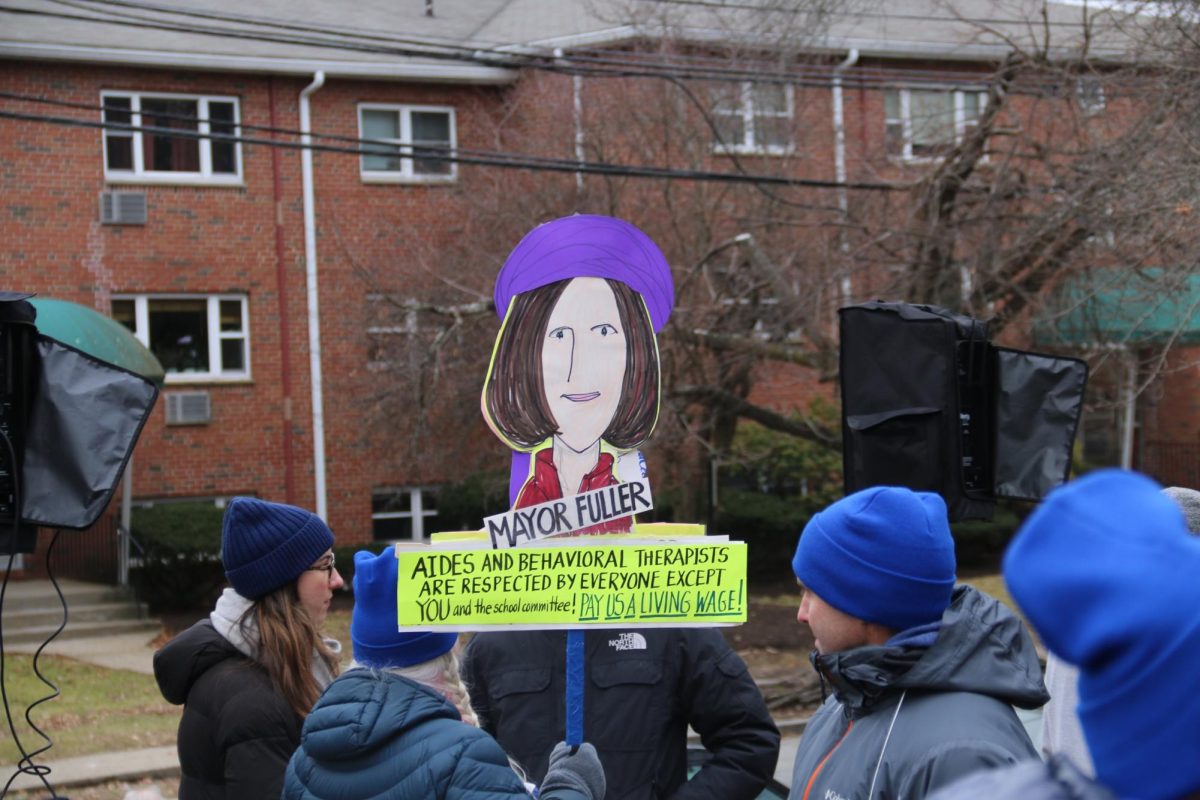
In 2009, 95 percent of music downloads were illegal, according to the International Federation of the Phonographic Industry, a statistic that seems believable considering that nearly all of my peers have illegally downloaded music.
I admit that I have downloaded music and streamed television shows illegally, a practice which I justified by thinking that famous bands and singers don’t really need more money and that downloading one or two songs doesn’t have an effect, anyway.
When considering that 95 percent of music downloads were illegal in 2009, it’s clear that “just one or two songs” for every person really does impact the music industry.
It is flawed to say that stealing from wealthy and famous individuals is alright because they already have a lot of money. Stealing is stealing, and it’s unfair to take money away from people who have earned it. In addition, celebrities aren’t the only people that receive money when you purchase a movie or song. Individuals such as writers, costume designers, producers, song mixers, publicists and record company employees also rely on income from selling media. Many of these individuals, including singers and actors, are just starting out and illegal downloading can prove quite detrimental to their wages and eventually to their careers.
Ultimately, illegally downloading is unnecessary as well as immoral. Today, there are many legal ways to listen to music for free; illegal downloading should be kept as a last resort. Although these methods are sometimes less desirable because of advertisements or lack of accessibility on an iPod, it is worth the inconvenience to give people the money they earned.
The program I use most frequently is called Spotify. It is an application you download onto your computer that functions similarly to iTunes. You can make playlists of songs and access nearly all the music on iTunes. The only downside is that there are advertisements every few songs, but in the end, it is worth listening to a few advertisements in order to avoid depriving artists of the money they deserve.
Other options for legally accessing free music are websites like Pandora and YouTube. In addition, television shows’ official websites often post full episodes online.
Considering all the ways to avoid illegal downloading, everyone should make an effort to cease pirating media. If 95 percent of people continue to download media illegally, artists will not have enough money to continue producing music, television shows and movies. A world with music that costs money is much better than a world without music at all.














































